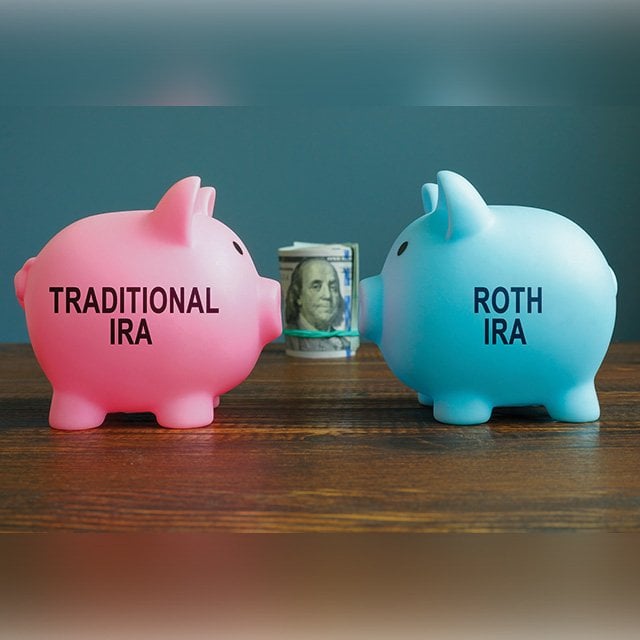7 Reasons Roth Accounts Are Better for Retirement Savings: Study

Start Slideshow
A new report published by the American Accounting Association examines whether people who rely on tax-deferred accounts to save for retirement fare any better than people who rely on post-tax accounts such as Roth IRAs or Roth 401(k)s.
As the authors note, common savings wisdom suggests most people should expect to have lower incomes in retirement compared with their prime earning years. This implies that they should seek to defer taxes as a means of maximizing their amount of savings and to reduce their overall tax burden down the line.
However, when one actually examines the experiences of retirement savers, the picture is more complex. In fact, the authors find evidence to suggest that those who favor tax-deferred savings strategies tend to underestimate the effect that taxes can have on their retirement wealth, and they may find themselves spending down their retirement portfolio more quickly than expected.
To test the issue, the researchers developed an experiment designed to assess how people would spend an economically equivalent amount money in a tax-deferred or post-tax account. The researchers then enlisted 350 study participants, all of whom were U.S. adults over 40 who had filed at least five tax returns over the previous seven years.
A key variable in the experiment was the manipulated amount of money study participants had to work with. Summarized simply, the researchers calculated economically equal balances that reflected the fact that tax-deferred accounts offer less real spending power than post-tax accounts. In other words, the experiment conditions reflected the fact that the full post-tax balance was available to the user, while a portion of the pretax balance could not be consumed.
The study had two key findings, according to the authors. First, the researchers found post-tax users and tax-deferred users both spent money at essentially the same nominal rate when given economically equal starting balances. Second, because more of their account had to be used to pay for taxes on needed withdrawals, the tax-deferred users exhausted their savings more quickly.
The authors say these topline findings and the deeper discussion in the analysis offer important food for thought with respect the use of pre- versus post-tax savings vehicles. See the slideshow for a rundown of 7 reasons the authors find Roth accounts can be a highly effective approach to saving for retirement.
Start Slideshow







